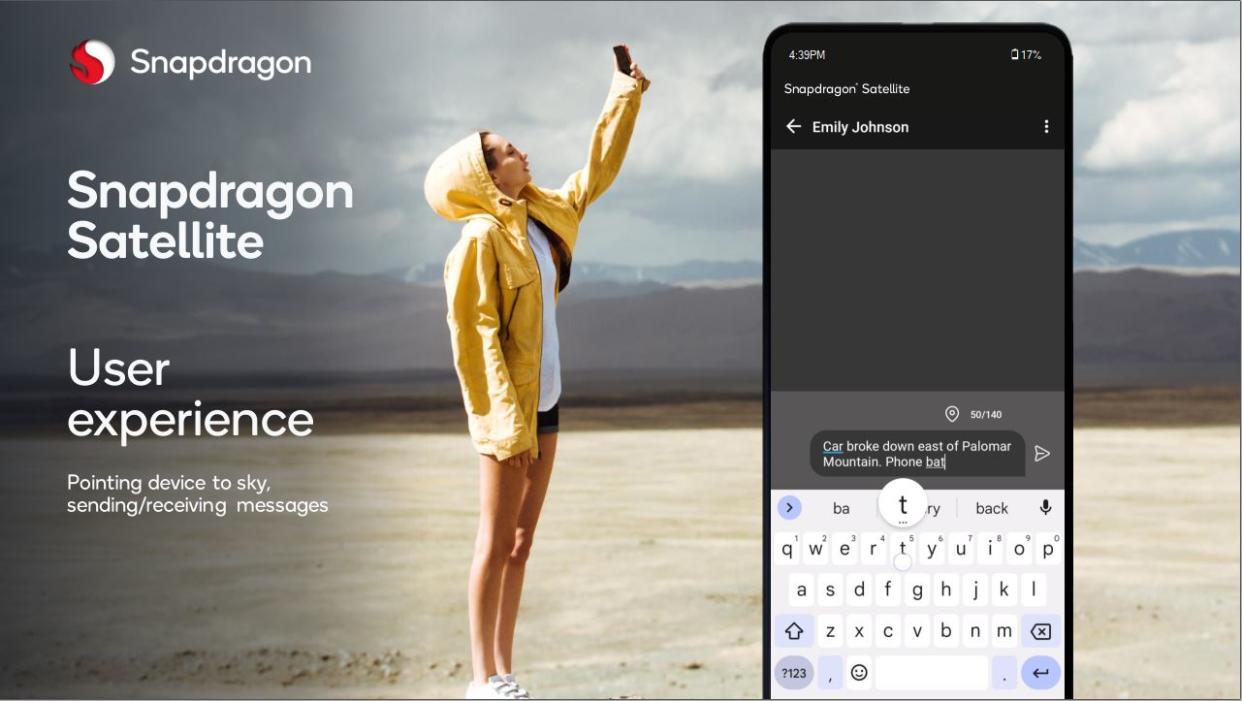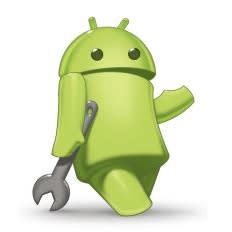We didn't really want satellite phones after all, did we?

Remember when we were told that we were getting satellite-connected phones from like, all the companies that make phones? We're not — the deal between Iridium and Qualcomm that was supposed to power satellite connectivity died on the vine.
I don't know if that's good or bad, and I hope nobody loses their job because of it, but I do know it's probably our own fault. Someone, somewhere, realized that people didn't really want to pay for it.
Android & Chill

One of the web's longest-running tech columns, Android & Chill is your Saturday discussion of Android, Google, and all things tech.
That doesn't mean you didn't want to pay for it, just that we didn't want to pay for it. The collective we — as in consumers — and our level of interest in new announcements and potential innovations have a lot of control over what the next new model of phone can do.
This is a great example. Apple announces that the iPhone can now use a satellite for emergencies and then tells us stories about how people were stuck in bad situations and saved because of satellites. Companies like Qualcomm rush to tell us about their plans to offer the same, and then companies like Samsung and the rest jump to say how they are on board. A year later it fizzles and dies.

The partnership that would have brought Snapdragon Satellite wasn't dissolved because Qualcomm wants us to suffer through an emergency situation with no way to call for help. What probably happened is that someone smart has the impression that people aren't willing to pay extra for it when it comes to hardware pricing and definitely wouldn't bother to pay a monthly subscription rate.
This doesn't mean that the idea of satellite comms is dead, either. Google is likely still working on deeper integration into Android itself, T-Mobile and Starlink are still pushing forward, and you can still buy a weird little puck thing from Motorola if you need it right now.
What I find most interesting about these types of announcements is how much consumers and their buying habits control innovation. I figure this played out after someone looked at how many people were willing to pay for a satellite connection on their iPhone or through T-Mobile and then compared it to a lot of data about other consumers. Carry the one and cross the T's, and the result is that there isn't any money to be made. Companies can just carry on with making the display and camera better because that's what they think we want the most when we look to buy a new phone.

My guess is as good as any because no company is going to admit they rushed to announce something then research showed that it wasn't going to be profitable. We do know this happens a lot though. At least in this case, there were no beta-test products for early adopters to buy just so they could be left stranded with unsupported tech. Remember Google Glass or the Nexus Q? Yeah...
I'm not bitter because I was never in a million years going to pay for satellite service. I also know that if I did want to have a 21st-century satellite phone, we'll see them eventually under a different name or from a different company, especially once someone figures out how to make everything less expensive.
In the meantime, we can wait for 5G to live up to all of the promises we heard about when it was the hot new idea.
